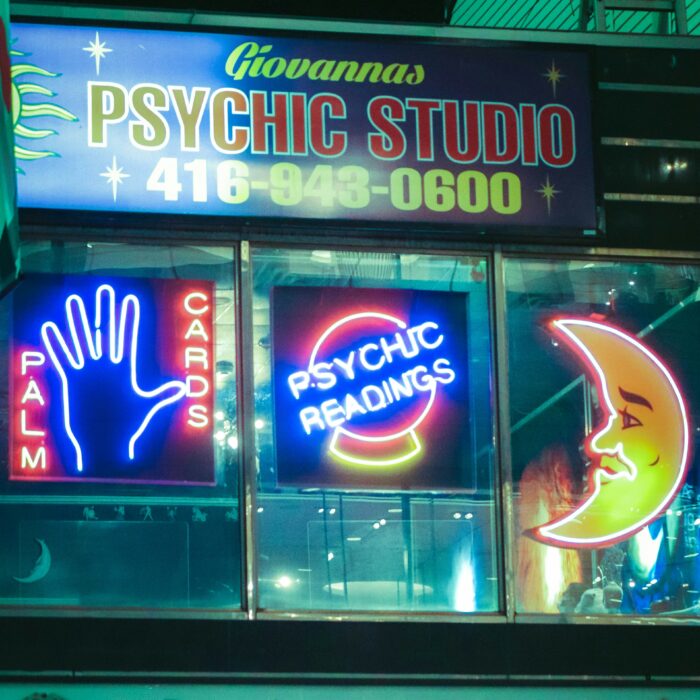You have no items in your cart. Want to get some nice things?
Go shopping
“My name is Clementine. On the outside, I’m a blond orange. I have silicon lips, I have a Brazilian hairstyle, I drive a two-seater Mazda MX-5 convertible, gold, but inside I’m a black orange. Full of black juice.”
It is with this face-slapping introduction that we meet the flamboyant soap-opera writer Clementine, narrator of Savičević’s English Pen-award winning, Singer in the Night. Love infuses this singular tale and the lover in question, Nightingale (“‘No shit!, Nightingale and Clementine, that’s a sign. Freud would be beside himself.’”), is a poet who writes his lines on the streets of Split (quite literally – on skips, walls, etc). It is to the occupants of one of those streets – Dinko Šimunović Street to be precise, after the Croat novelist who despised urban living – that he addresses a number of letters. These letters, written one hot summer night during which the cries of an impassioned couple reach the poet’s ears, provoke disgust from the neighbourhood. Nightingale, though, is an absent figure for whom even his own mother cannot account, and so Clementine sets off in her aforementioned convertible and wantonly into the past. Because before their lives diverged into the radical (his) and the superficial (hers, though as she points out, “…gunk has moved the vast majority of people and filled their thoughts probably more than the best work of art ever could. Oh no: oh yes. That’s the way it is.”), Nightingale and Clementine made their own love on a boat which they never sailed.
This is a story about love, but it is also about making choices. Savičević’s disjointed narrative is, at times, challenging, but it becomes evident that this is exactly the author’s intention. The shifting, subjective nature of memory is examined here; perspectives are plentiful and the pages glitter with offbeat humour and playful dialogue. Clementine, for all her faults, is unfailingly likeable; hers is a tragedy that will exercise compassion.
The spectres of war haunt the landscape, unavoidable reminders of the Balkan fallouts, and death in the novel – be it the death of a relationship or of memory, is wrought with poetry (Savičević has published a number of poetry collections). Singer… could also, in some ways, be read as a critique of capitalism, a morality tale which teaches against the pursuit of the commercial, the financially lucrative. On a personal level though, it speaks to our own anxieties – forever present, presently magnified – of a breakdown of meaningful connection.
Sophie van Llewyn’s Bottled Goods also takes its reader back in time, to totalitarian ’80’s Romania. The works, while variant in theme and place, both experiment with form; Bottled Goods is a novella-in-flash, in which is contained a table detailing sacrifices necessary to flee a despotic country, and a title which is longer than its subsequent story.
The tiny tales belong to Alina, a young teacher whose brother-in-law defects to the West, leaving her and her husband vulnerable to suspicion from the authorities. The language is sensuous and magic also plays a role – the strigoi, a destructive spirit from Romanian folklore, present but not visible, could perhaps double up as metaphor for living under state control. Leaving the house, let alone leaving Romania, becomes an impossibility for Alina, dogged as she is by the Secret Service agent who invades her home weekly, expecting cake. The fear that he might demand something else is more frightening than the strigoi that disturbs her aunt’s home. Terror in a domestic setting is coupled with betrayal, with mother-daughter tensions at the heart. The magical realism element of van Llewyn’s writing comes into force here, when Alina performs a ritual that will alter the nature of that particular relationship forever.
It could be argued that van Llewyn’s magic is not given enough space in Bottled Goods, that it is secondary rather than central, but it is this quiet nod that gives it potency. Folkloric belief here is as much a part of everyday life as furniture – or the fact that your colleagues, friends and family members could at any moment hand you over to the authorities.
What is striking about these books is their treatment of life under restriction, hope on the brink of collapse. Themes of isolation – from community, family, a (n ex) partner – appear in both, be they painted bright orange or a darker shade. Like two fictitious memoirs, neither flinch from the anguish of uncertainty, from sadness or frustration – and whilst they don’t offer the kind of wishful escapism a reader might currently seek, they do capture the disorientation and fear brought about by living through crisis.
About Charlotte Newman
Charlotte Newman is a London-based writer. Her short fiction has appeared in The London Magazine, Litro, Reflex Press and Popshot among others. She is available for book and art reviews and is currently seeking representation.
- Web |
- More Posts(2)



